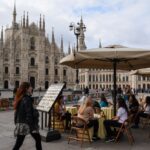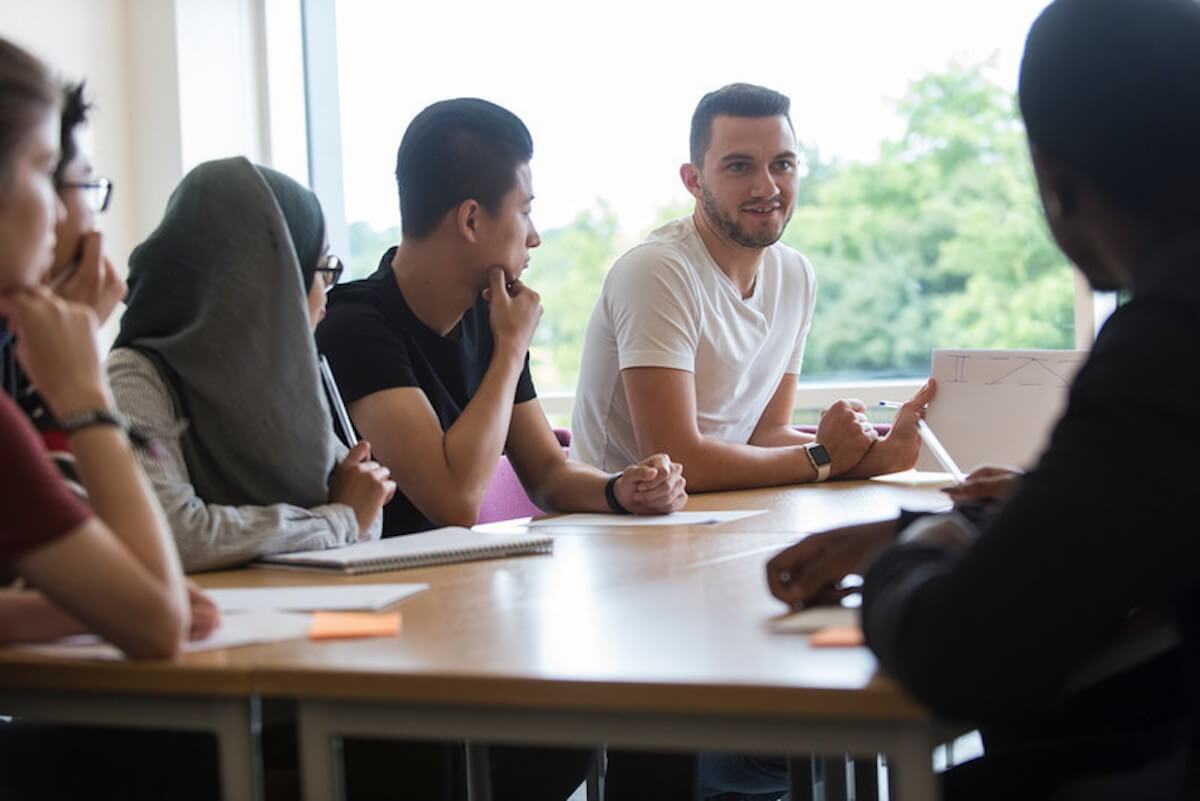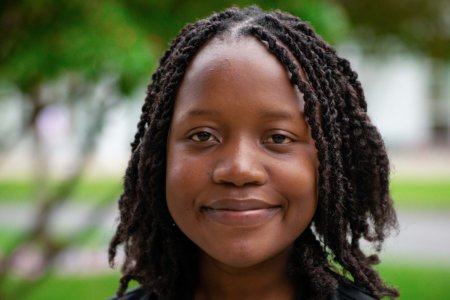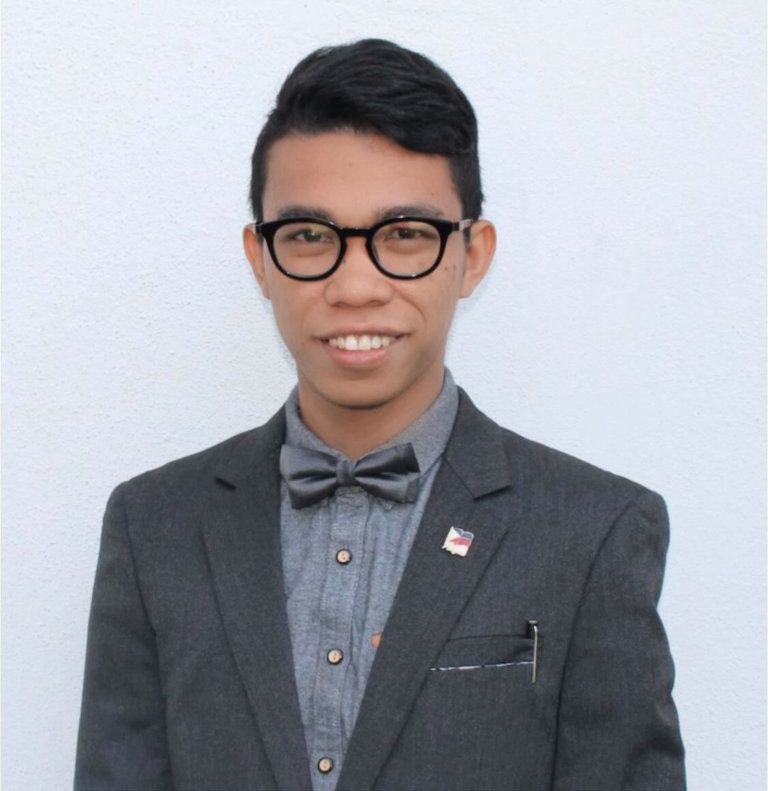
This year (2021)’s International Day of Persons with Disabilities’ theme is “Leadership and participation of persons with disabilities toward an inclusive, accessible, and sustainable post-COVID-19 world”.
This theme is fittingly apt when COVID-19 has been and is still disrupting the education landscape all over the world. Suddenly, we had to learn all on our computers from home or explore hybrid learning options but our learning experience will never be the same again.
At the same time, a master’s programme demands commitment as it is more research-intensive. Neither the Covid-19 pandemic nor Filipino Mark Mathew “Markus” Operiano’s disability has stopped him though.
Operiano was still studying when the pandemic struck universities around the world. Yet the scholarship recipient managed to graduate from one of the top universities in the Philippines while still working as a disability rights advocate.
We speak to Operiano below about his experience and why he thinks disability rights are more relevant than ever today:
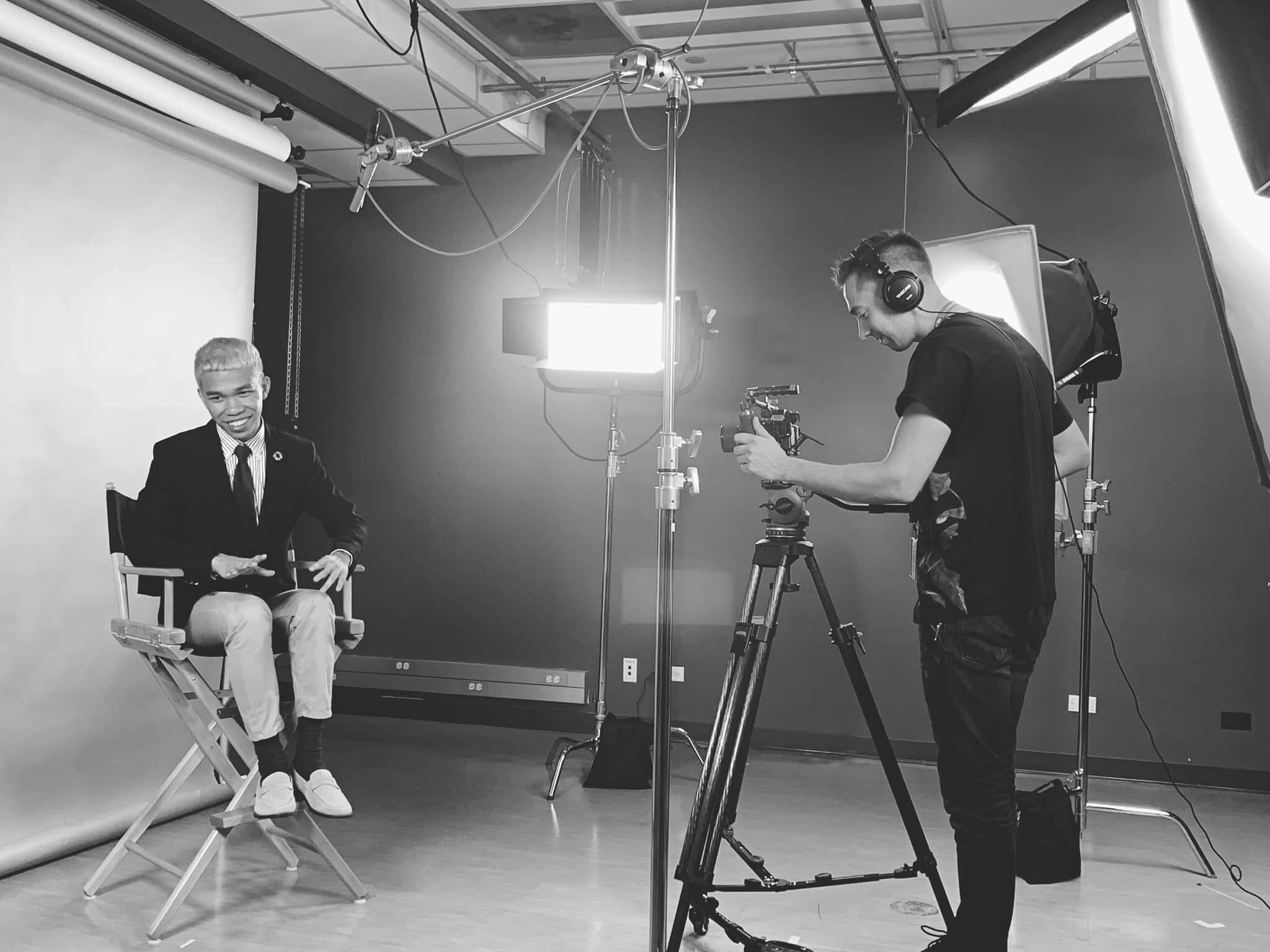
Not only did Markus graduate with a master’s degree, but he also is pushing for disability rights to be more visible.
Hi Markus! Can you share more about yourself?
I am Mark Mathew “Markus” Operiano, a disability rights advocate from the Philippines. I was born with mild cerebral palsy.
As someone who identifies as a disabled person, disability impacted me tremendously. It made me realise that what world we live in now is a world built for non-disabled people. Barriers are very evident and that is something I want to break.
I currently work to strengthen the capabilities of local government functionaries so that they may excel in their roles, be more adaptive and agile in a changing environment, and promote good practices and innovations through the Local Governance and Development Office of the Development Academy of the Philippines.
Prior to it, I worked to help change the plight of people with disabilities through economic empowerment in a non-profit organisation called Leonard Cheshire Disability Philippines Foundation.
Congratulations on your recent graduation! Can you tell me more about your experience doing this master study?
I took a Master of Arts in Political Science Major in Global Politics at the Ateneo de Manila University School of Social Sciences as an ASEAN University Network-Disability and Public Policy Network (AUN-DPP) Fellow.
It is a scholarship programme funded by The Nippon Foundation where disabled applicants with outstanding academic accomplishments from ASEAN countries are invited to further their postgraduate studies at any of the institutions within the ASEAN University Network.
The programme interested me because back in 2017, I thought that world politics has become more interesting and it would be a privilege to examine it. Learning the complexities and nuances of politics as well as deepening my understanding of the globalising world, particularly the interactions between states and non-state actors make it really special.
Why did you want to do this master study instead of other programmes?
To be candid, it is the Department of Political Science where AUN-DPP had a partnership with but since I am really interested in Social Sciences, I instantly grabbed the opportunity of doing the master’s degree.
I believe any field within Social Sciences can provide you with a lot of perspectives in this fast-changing world. Through it, you will have different lenses in understanding different phenomena and you could be able to understand our society better.
By learning it, you will be able to provide various concrete solutions to address societal ills — which I think is one of the main reasons why we go to academe.
Did you face any challenges while doing this master study?
As someone who didn’t take a political science major for his undergraduate degree, the biggest challenge for me was learning the basics from scratch. I honestly wanted to give up on my first week in school because everything was alienating for me but I reminded myself that I am there for a bigger purpose.
Another challenge for me was juggling between my master’s degree and my work in the development sector. Luckily, I was given a special working schedule by my organisation, Leonard Cheshire Disability Philippines Foundation in order for me to comply with my study while not compromising my work in the foundation.
That sounds challenging! I am sure though that you had some great memories of doing this master study – what are they?
One of my best memories I had in doing this master’s programme is when we did our capstone project. I was with other scholars from the Asian Peacebuilders Scholarship in that course and it was really fun.
As our class is composed of students from different backgrounds, the learning process was extensive. We were able to share different insights, perspectives, and discourses that further enriched the course subject.
It was composed of workshops, and case and panel presentations which were very exciting from our end as development workers and peacebuilders.
That was interesting – Do you feel that it is worth doing this master’s and why/why not?
It was definitely worth doing this master’s degree.
In a world where politics play a big role for the advancement of humanity, this programme provided me with various theories and pragmatic solutions on how we could make our society better and promote good citizenry.
You have experience of working in disability organisations and advocating for disability rights. Has the master study benefitted you in any way with regard to your professional work/career and why/why not?
Yes. It tremendously benefitted me, not just because of continuing education but also the network I gained throughout the programme.
I have broadened my network of people with different expertise such as disability, disability rights, women, gender studies and peacebuilding among others. In the future, this network I believe, could help me forward my personal advocacies as well as advance my professional career in the development sector.
If you were given a chance to do this master overseas instead of the Philippines, would you want to do it, and why/why not?
Of course! I think doing a master’s abroad will further broaden my perspectives in the field of academia, not to mention the cultural exchanges that will happen within it.
Is there any special piece of advice for future master study applicants with disabilities?
I think it is very important for future master applicants with disabilities to think if they really want to pursue a postgraduate degree. Don’t think of it as a fallback. Stick to your core and genuinely seek lifelong learning.
As you know, International Day of Persons with Disabilities is coming up. Can you share your thoughts about this event with us, and what do you hope for the future?
I think International Day of Persons with Disabilities is an opportune moment for us to rethink how we see disability. There have been a lot of developments already in the sector but there’s still a long way to go before we achieve full inclusion of people with disabilities.
I hope that in the future, we will have one understanding of disability so that we could also provide the right interventions to the sector and they wouldn’t be pushed anymore onto the margins of society.
I call for the state leaders to talk and immerse themselves with people with disabilities so they can craft better programmes and policies for the disability sector.
Finally, what do you wish people knew more about you besides and about your disability?
I wish that people would know that we disabled people are not homogenous. We are composed of various individuals with our own unique personalities, talents, and interests.
Personally, aside from doing disability and development work on disability rights, I love to take photographs with my film camera. I also love fashion, food, and travelling.




